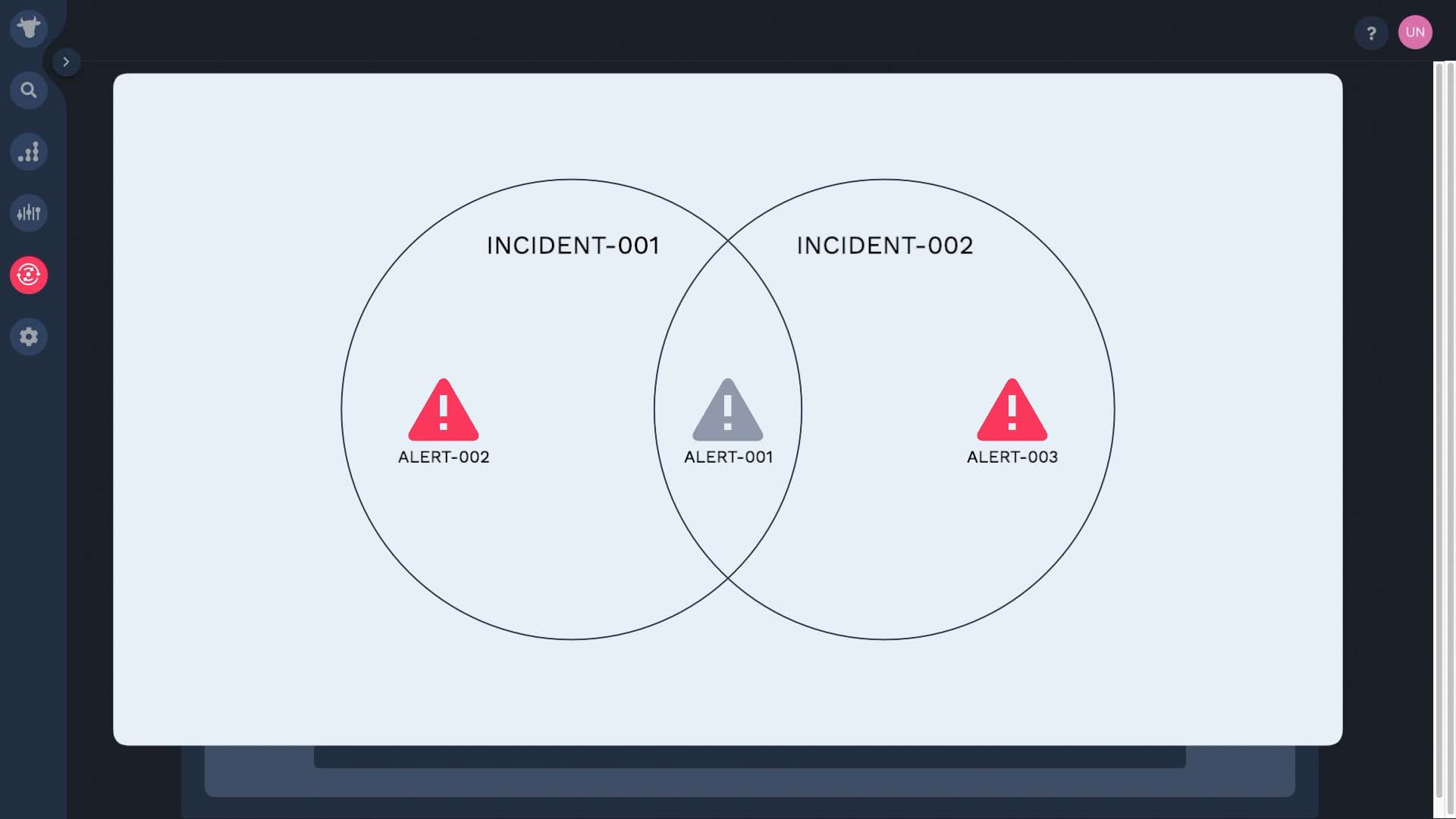Concept explainer: Auto-close in APEX AIOps Incident Management ►
This video explains how the auto-close feature works in APEX AIOps Incident Management.
*Please note Moogsoft is now part of Dell's IT Operations solution called APEX AIOps, and changed its name to APEX AIOps Incident Management. The UI in this video may differ slightly but the content covered is still relevant.
Incident Management lists all open alerts and incidents, but let’s face it… you won’t investigate some of the alerts and incidents
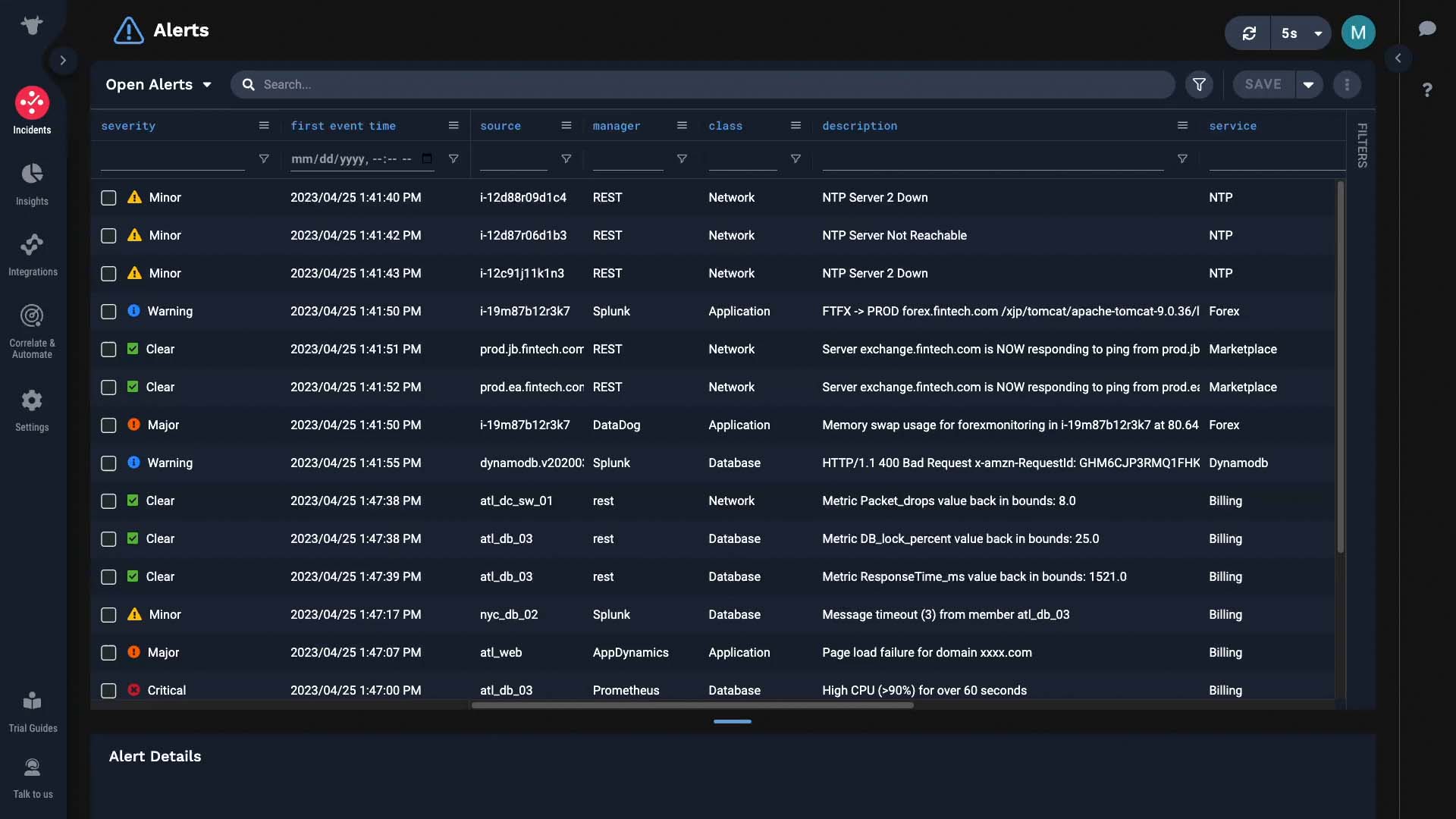
They did not lead to a major issue, or they are simply too old and you should rather be focusing on what’s impacting your world NOW.
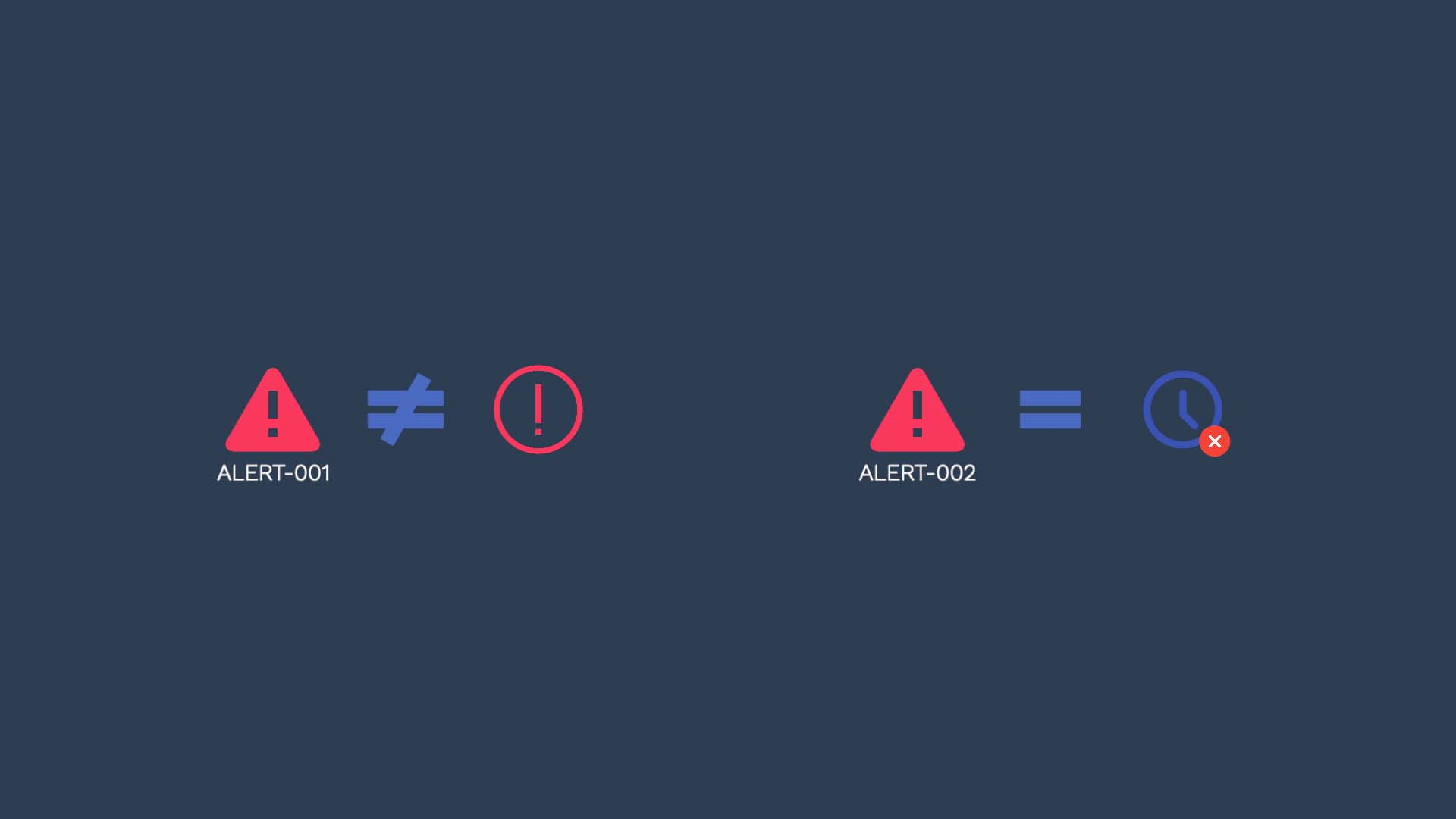
Or, maybe you resolved an issue but just forgot to change the incident status to “closed”.
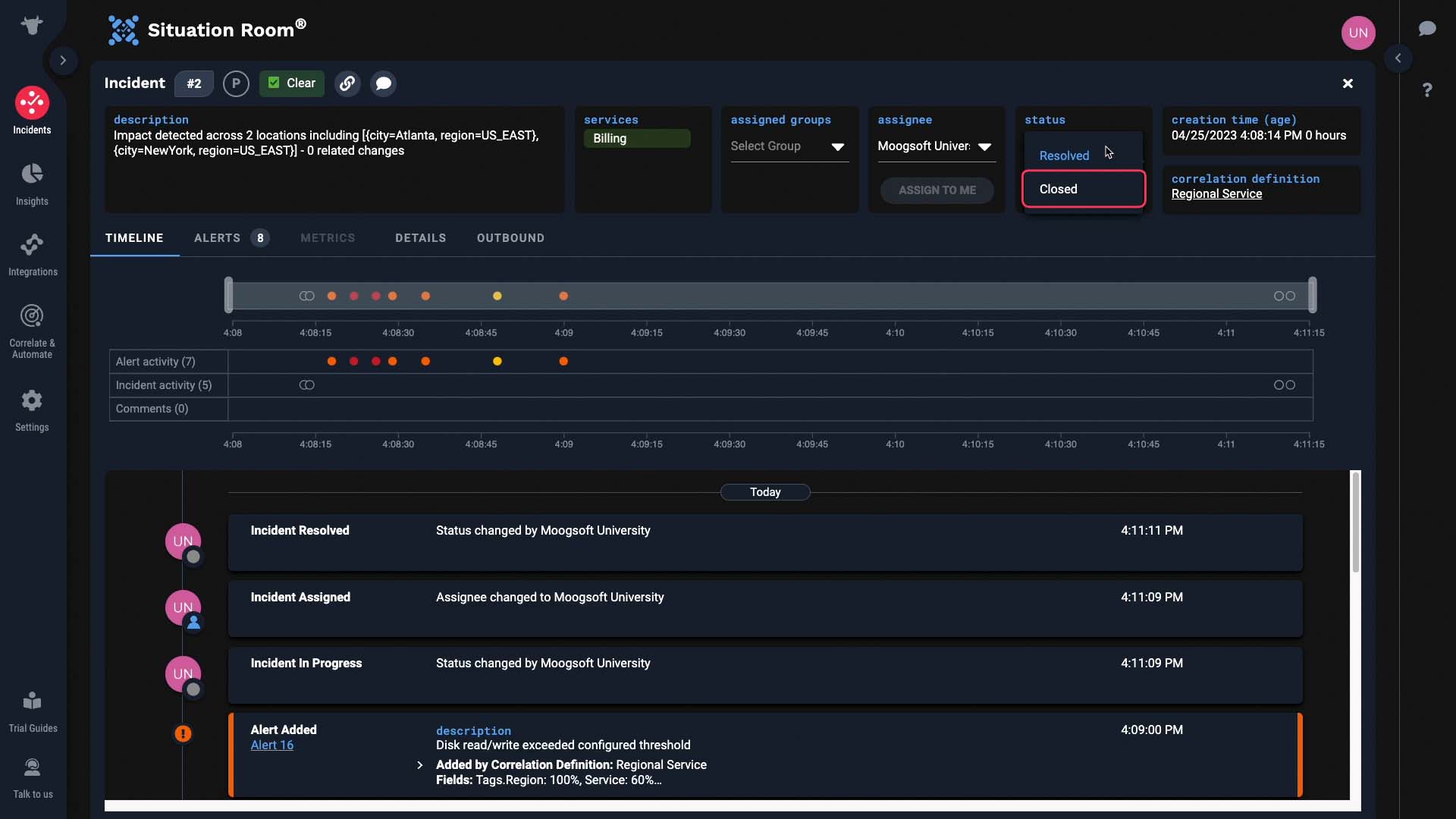
To avoid more current and important issues from getting buried under older ones, Incident Management automatically closes the old alerts and incidents behind the scenes.
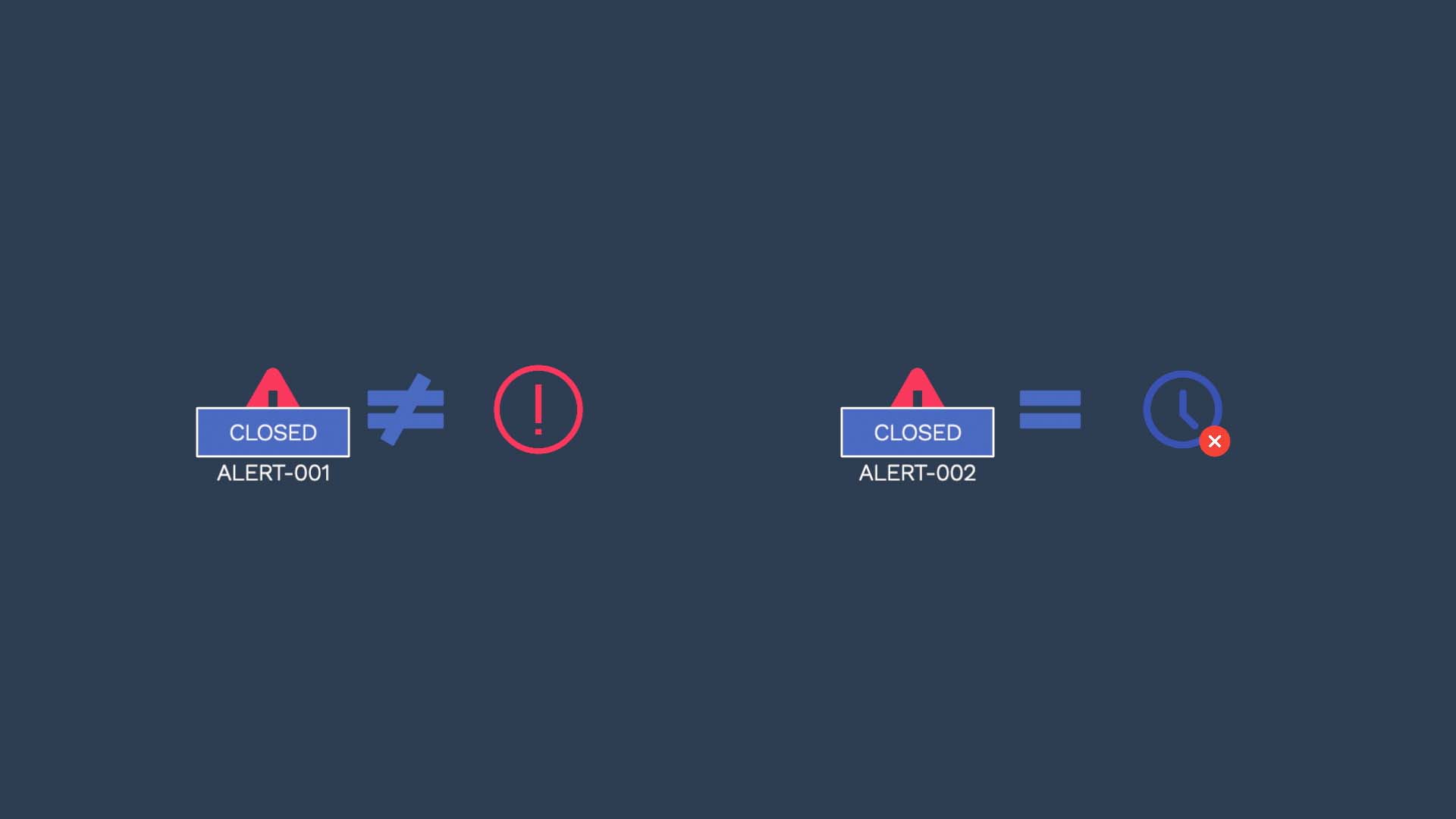
Here’s the default behavior. If all alerts in an incident are closed, then you no longer need to work on that incident.
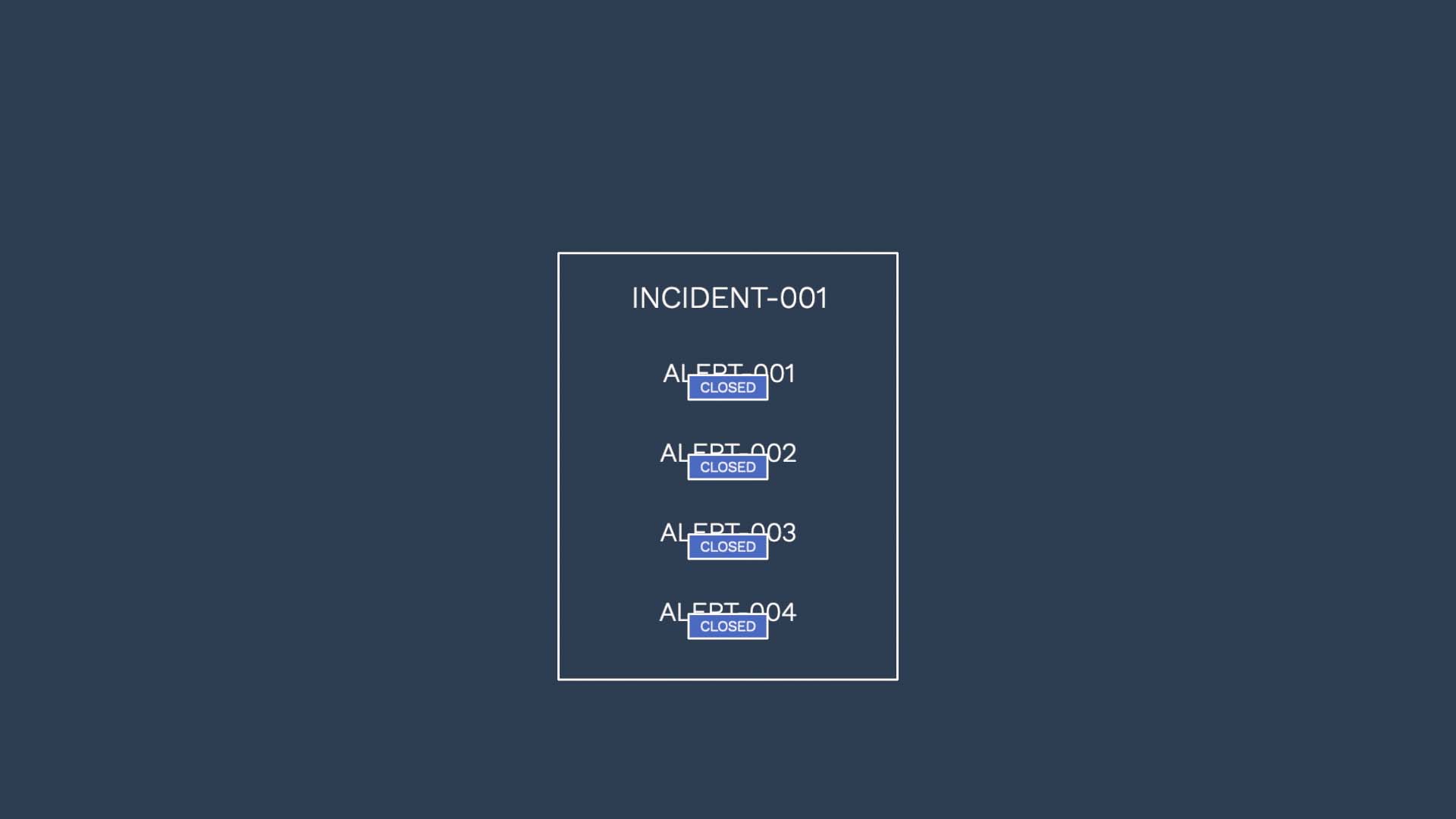
So Incident Management waits for 60 minutes, then auto-close the incident.
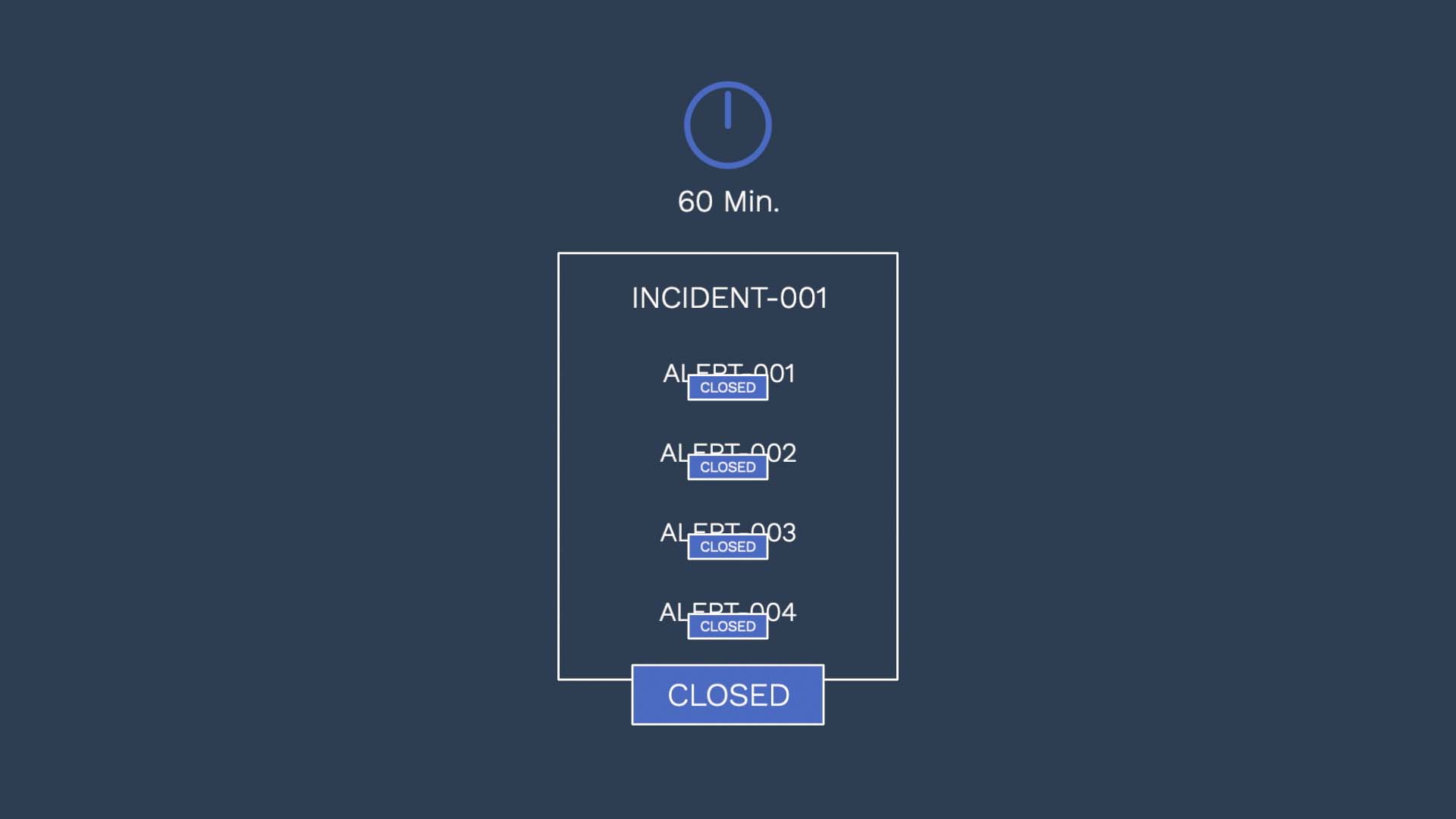
Incidents are also auto-closed if it stays unclosed for 7 days. Because honestly, you won’t be working on such an old incident, would you?
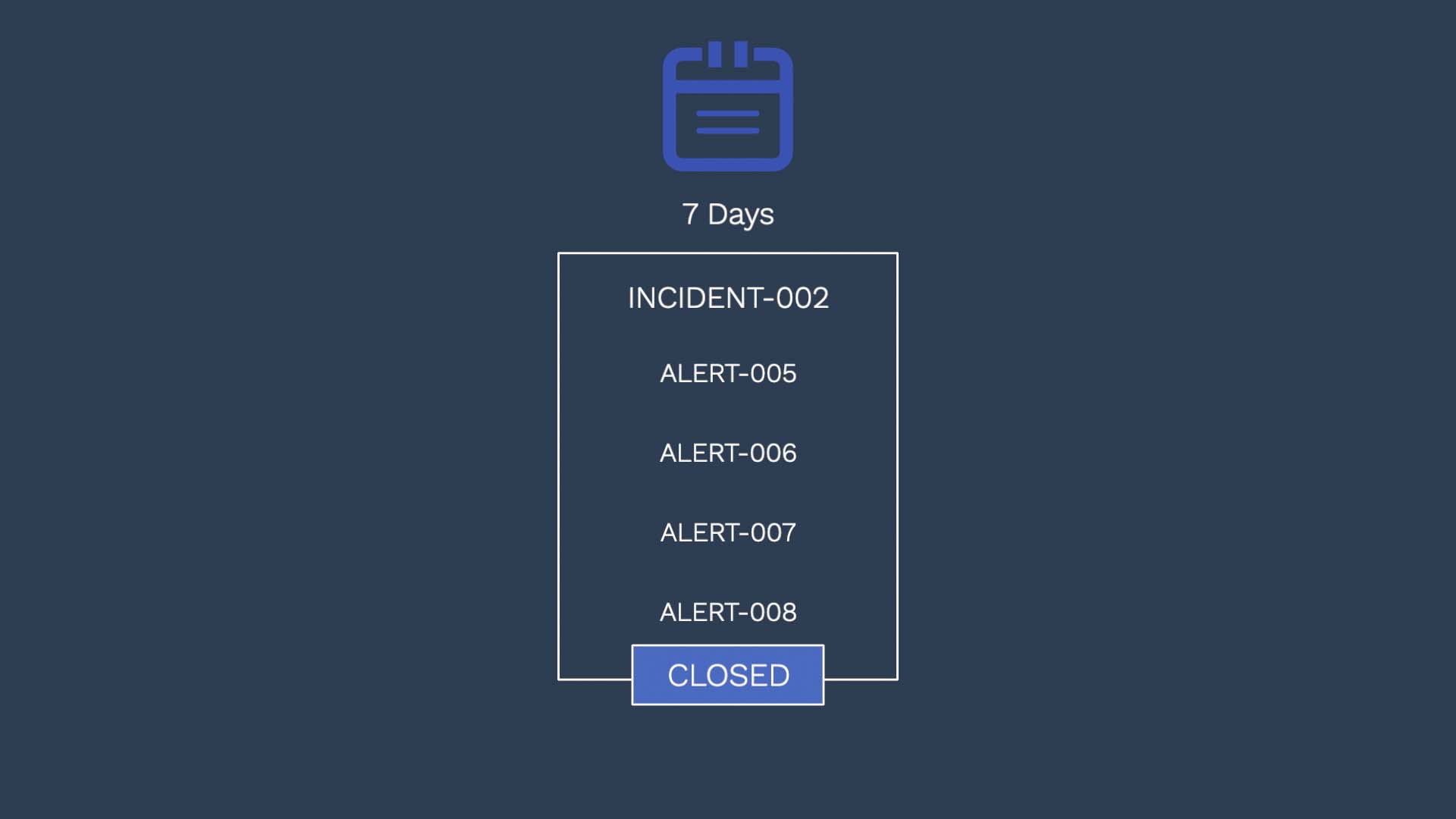
On the alert side, if an alert is resolved Incident Management will change the status of it after half an hour. Alerts also gets closed if they are still open after 72 hours since it’s reported.
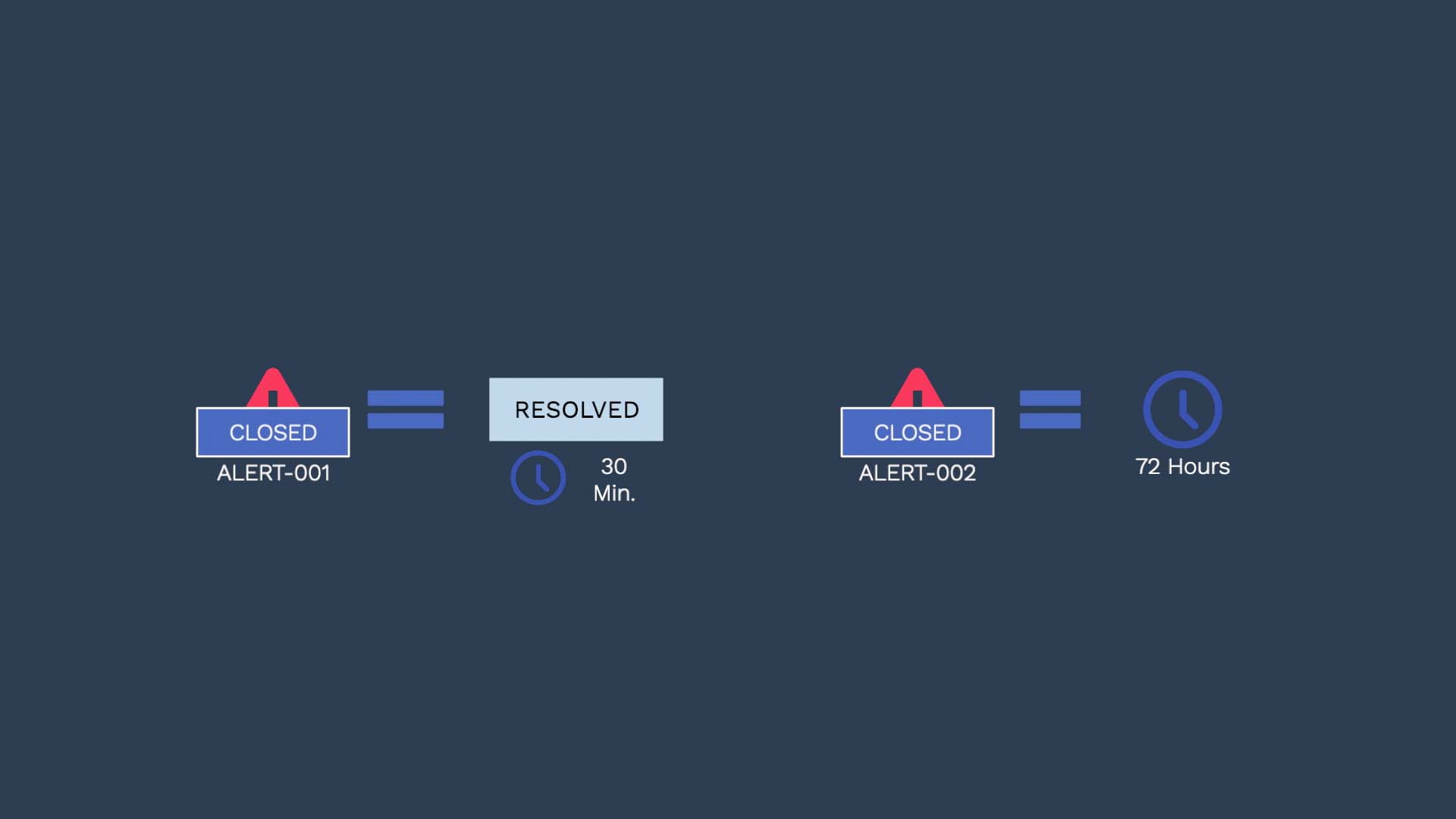
You can change the default settings from here.
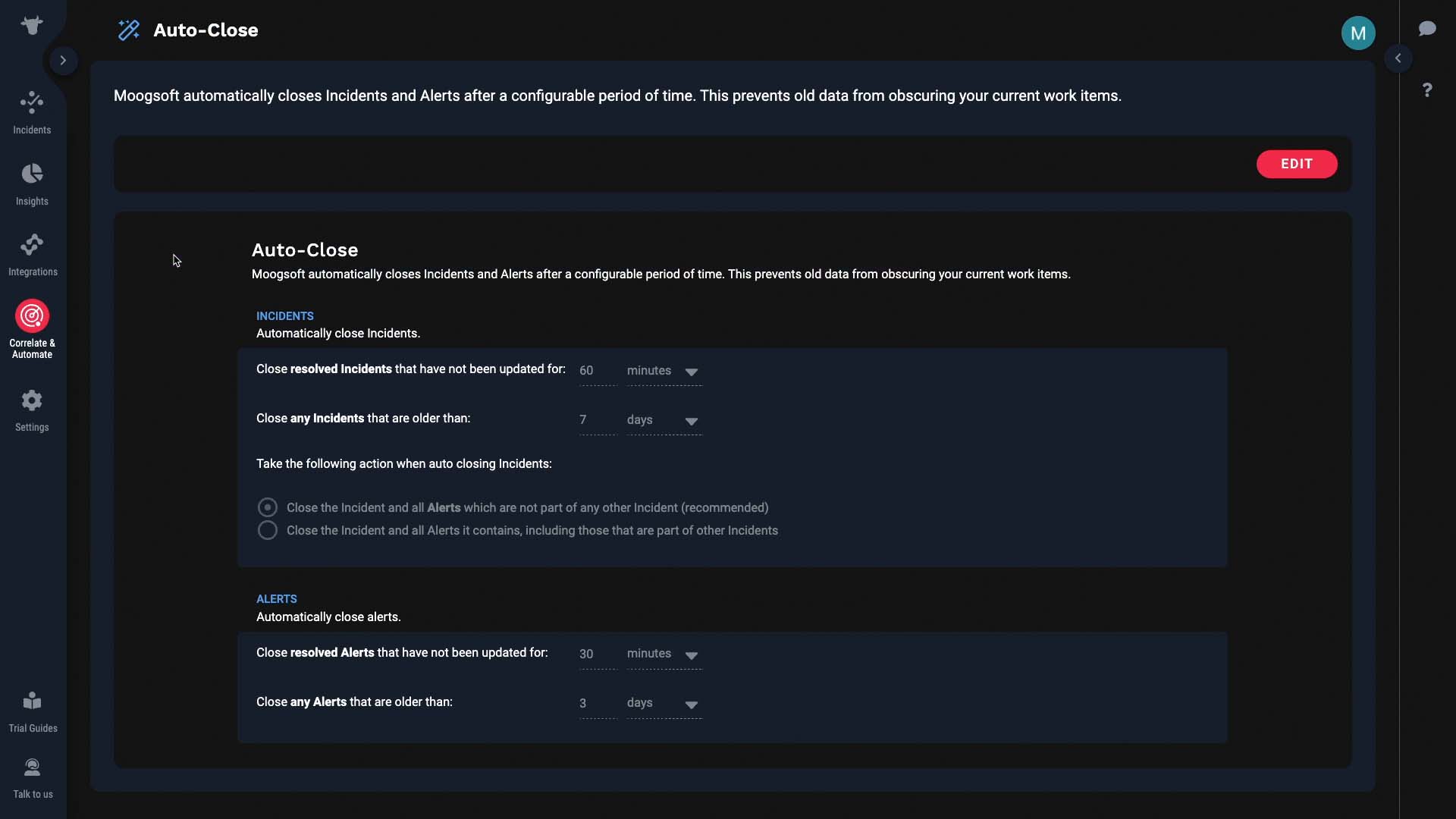
But remember, incidents and alerts are interrelated. So not only a change in one incident can affect multiple alerts included in that incident,
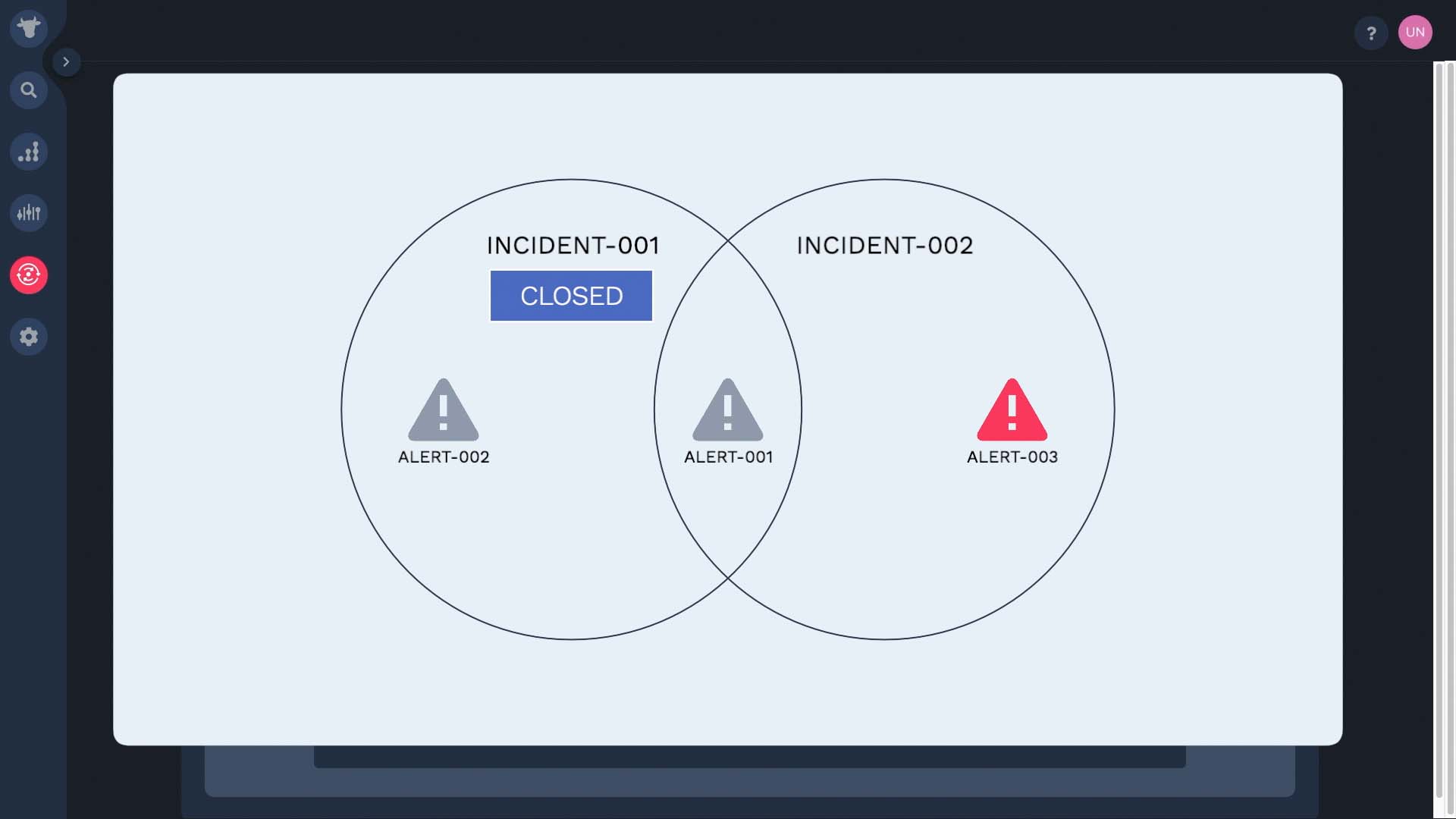
but also a change in status with one alert can affect multiple incidents.
